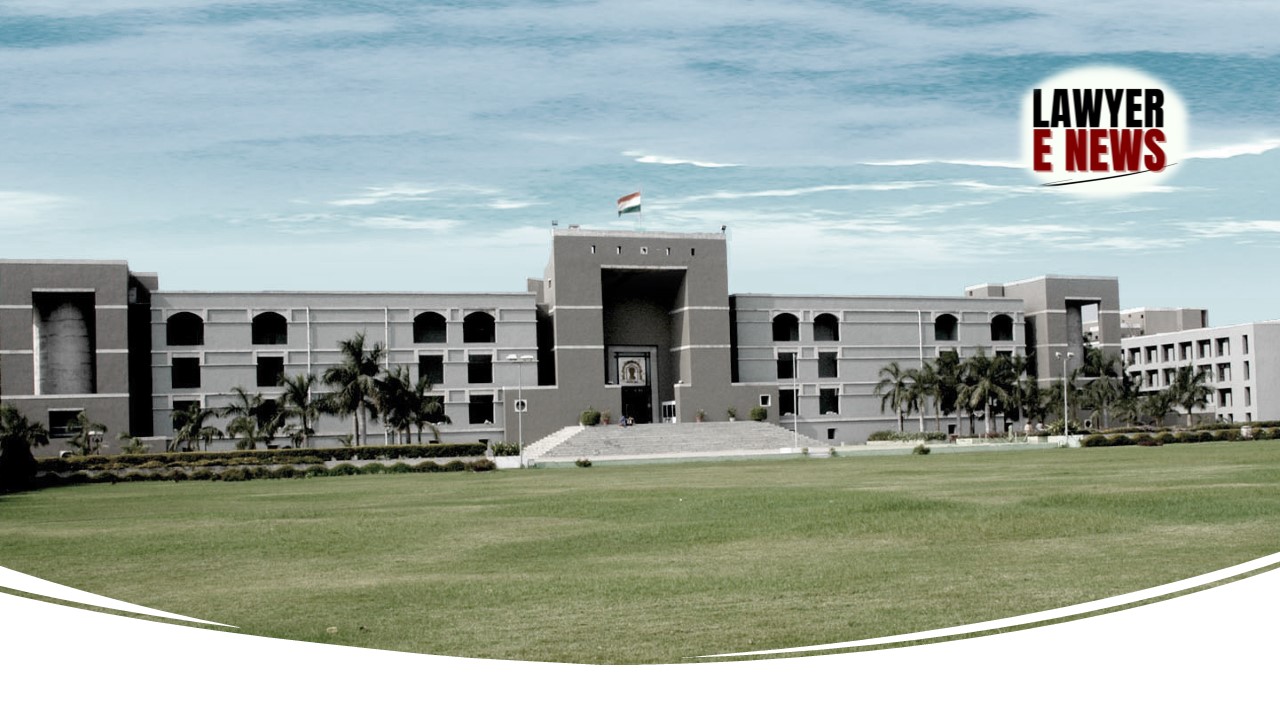-
by sayum
14 February 2026 2:22 PM



Gujarat High Court, comprising Justice A.S. Supehia and Justice Gita Gopi, delivered a significant judgment in I P C L Employee Association (Bhartiya Majdoor Sangh) v. Reliance Industries Ltd., addressing the scope of “cash value of any food concession” under Section 2(b)(i) and Explanation 1 to Section 6 of the Employees’ Provident Funds (EPF) and Miscellaneous Provisions Act, 1952. The court ruled that the canteen subsidy paid to employees qualifies as dearness allowance, impacting the calculation of provident fund contributions.
“Subsidy with Nexus to Cost of Living Can Be Part of Dearness Allowance”
The court observed that "the canteen subsidy has a direct nexus to the cost of living, which is an integral part of dearness allowance paid to employees to offset inflation."
The dispute arose from a 1995 settlement between the IPCL Employee Association and Reliance Industries under the Industrial Disputes Act, 1947. The settlement increased the canteen subsidy from Rs. 300/- to Rs. 475/- per month. The question before the court was whether this cash canteen subsidy should be treated as part of the dearness allowance under the EPF Act, thereby necessitating provident fund contributions.
The Regional Provident Fund Commissioner, Vadodara, ruled in 1998 that the canteen subsidy did form part of the dearness allowance, thus requiring provident fund contributions. Reliance Industries challenged this ruling, leading to a series of appeals. The Single Judge initially set aside the Regional Provident Fund Commissioner’s decision, prompting the IPCL Employee Association to file the present appeal.
Whether the canteen subsidy constitutes “basic wages” under Section 2(b) of the EPF Act.
Whether the cash canteen subsidy can be classified as the "cash value of any food concession" and included as dearness allowance under Explanation 1 to Section 6 of the EPF Act.
The court examined Section 2(b), which defines "basic wages," and Explanation 1 to Section 6, which extends the scope of dearness allowance to include the cash value of any food concession allowed to an employee.
Senior Advocate Mr. Shalin Mehta argued that the canteen subsidy was available to all employees and should be included as dearness allowance. He cited that the subsidy was tied to the cost of living, akin to a dearness allowance as per Explanation 1 to Section 6.
The Association contended that excluding the canteen subsidy would create unequal treatment among employees who availed cash subsidies and those who used subsidized canteen facilities.
Senior Advocate Mr. K.S. Nanavati emphasized that the canteen subsidy was not universally paid but depended on the presence and choice of the employee. Thus, it should not be included under "basic wages" or dearness allowance.
The company also argued that the subsidy was a discretionary benefit and did not satisfy the definition of "cash value of any food concession" as interpreted in Tata Power Company Ltd. v. Regional Provident Fund Commissioner, where no food was supplied directly.
The court relied on the Supreme Court's ruling in Bridge & Roof Co. Ltd. v. Union of India, which outlined that only emoluments universally and necessarily paid to all employees constitute basic wages. The High Court concluded that the canteen subsidy, being contingent on the employee’s choice and presence, did not meet this criterion for basic wages.
However, the court distinguished the present case from Tata Power Company Ltd., noting that in Reliance Industries, subsidized food was provided in 12 canteens. The payment was connected to food costs and hence influenced by inflation, aligning with the definition of dearness allowance under Explanation 1 to Section 6 of the EPF Act.
The High Court held: “The canteen subsidy has a direct nexus to the cost of living. Thus, it falls within the 'cash value of any food concession' and forms part of the dearness allowance under the EPF Act.”
The Gujarat High Court upheld that the cash canteen subsidy of Rs. 475/- paid by Reliance Industries is subject to provident fund contributions as it is part of dearness allowance. This decision underscores that benefits linked to essential cost-of-living adjustments, even if provided as optional subsidies, may fall under the purview of the EPF Act.
Date of Decision: October 21, 2024
